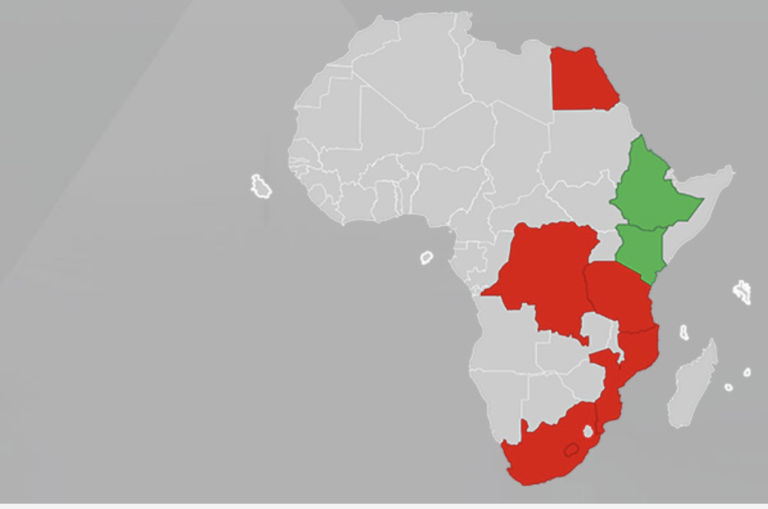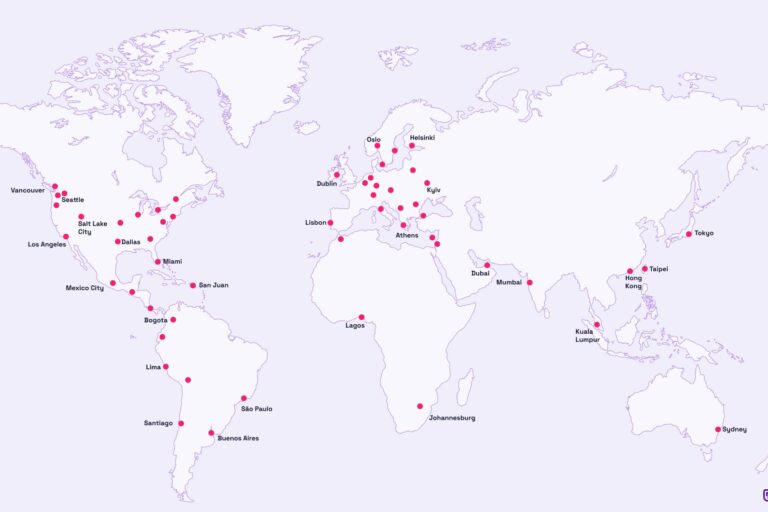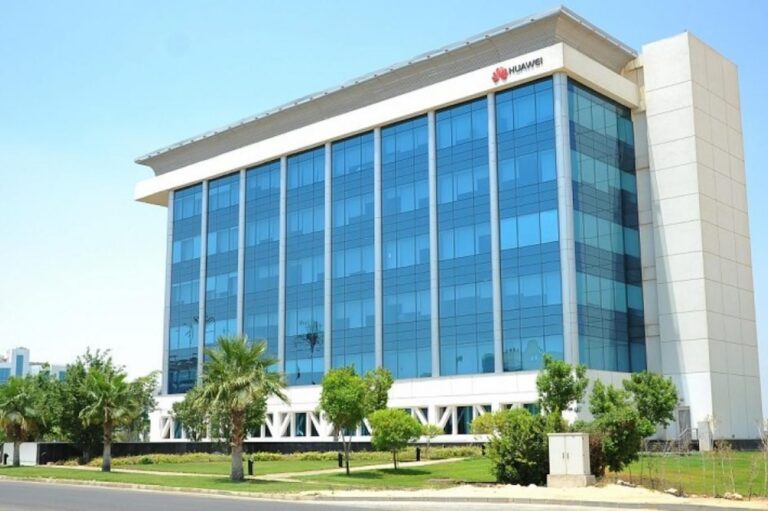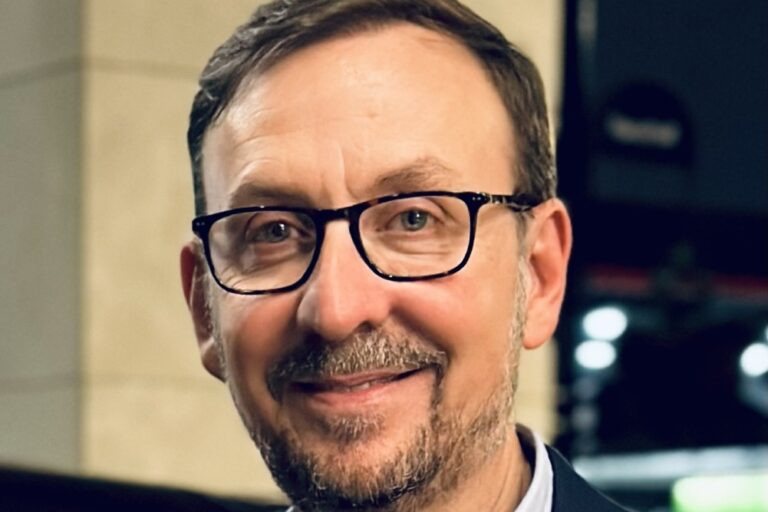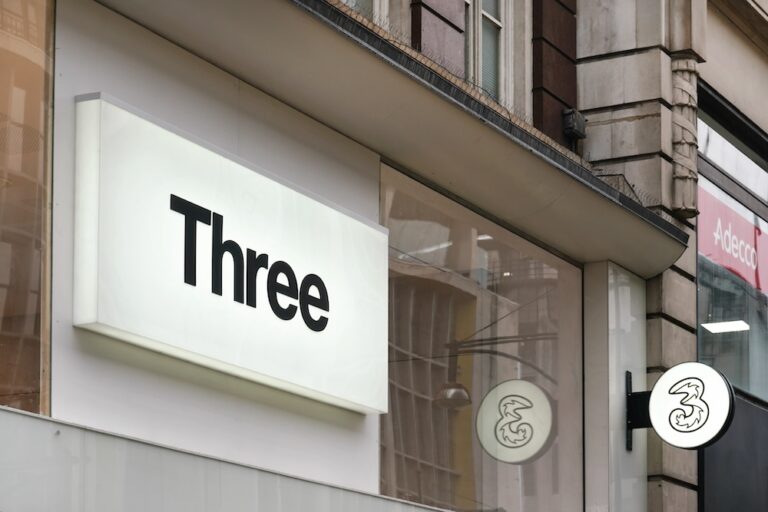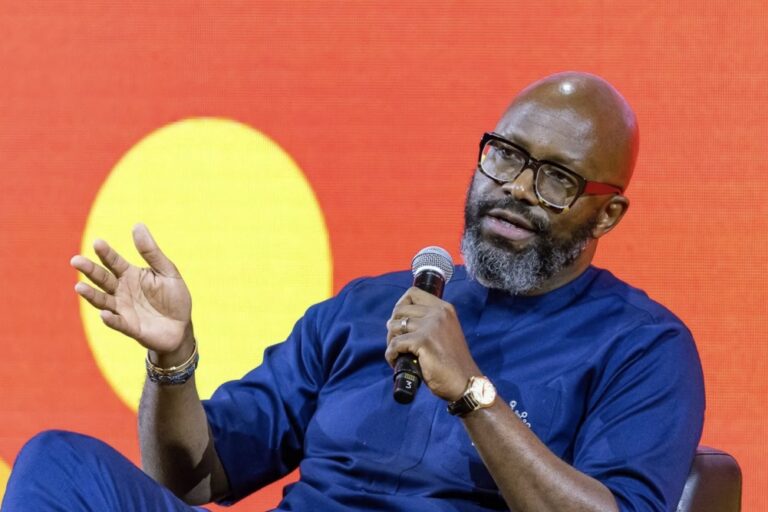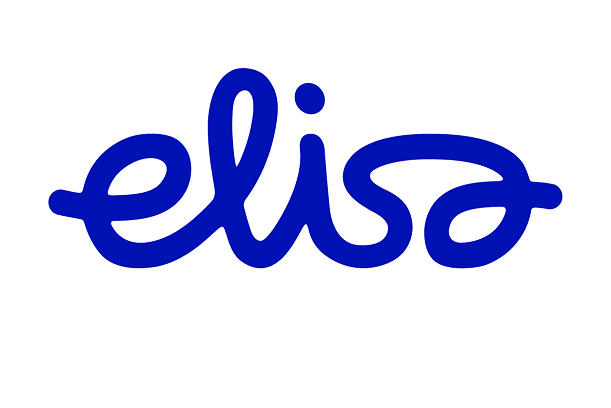The vendor partners Orange Egypt to become first to launch public cloud zone in Egypt, while LLM hits 100bn parameters
Huawei Cloud announced its Cairo Region and a new data centre at the company’s Cloud Summit in Cairo, promising support for 28 countries in Africa. The announcement of the Cairo Region brings Huawei Cloud’s total number of regions to 33 worldwide.
The company also released its new Arabic large language model (LLM), which it said offers automatic speech recognition (ASR) service supports functions covering over 20 Arabic speaking countries, with accuracy rate reaching 96%.
Huawei claims it is the first 100-billion parameter Arabic LLM in the industry and that is a big deal given how little Arabic is on the internet for training material. To put the achievement into perspective, Microsoft recently announced it will invest $1.5 billion in UAE company G42, which created the Jais Arabic LLM, in collaboration with Cerebras, Mohamed bin Zayed University of Artificial Intelligence (MBZUAI), and Med42 LLM, a generative AI model to streamline medical reporting. Jais is now available in the Azure AI Model Catalog. Jais was aiming for 30 billion parameters as of October last year as was seen as one of the leading Arabic LLMs.
SK Telecom’s global telecom alliance will also release an Arabic version telco-specific LLM in collaboration with member e&. The South Korean operator has suggested the first version of its model could be available as early as June although it hasn’t commented on which versions that would be.
Huawei Cloud’s Pangu model has been trained with native Arabic data, ensuring an accurate understanding of the local culture, history, knowledge customs and more of the Arab world, rather than relying on a body of English work and translating. The training of the model is based on industry datasets covering digital power, oil and gas, finance and more, according to the company. Huawei Cloud has been offering services on its platform including the DataArts data governance pipeline including the GaussDB database, and the ModelArts AI development pipeline.
“With the Cairo Region, we are bringing our most innovative technologies to the country to further support Egypt to unlock the potential of digital transformation,” said Huawei Cloud president of global marketing and sales services Jacqueline Shi. “Furthermore, the launch of the Cairo Region is an important step in Huawei Cloud being able to enhance our services to customers across 28 African countries such as Egypt, Ethiopia and Algeria.”
Working in the cloud with Orange
Last month, Orange Egypt and Huawei announced a strategic partnership to launch Huawei Cloud services in the Egyptian market. The Chinese company said it would be providing a range of cloud computing services such as infrastructure as a service (IaaS), platform as a service (PaaS) and software as a service (SaaS).
Orange said it would provide and operate integrated cloud services, which will “contribute to providing customers with professional services through Huawei Cloud platforms and Orange Business Cloud”.
“Orange latest partnership with Huawei comes in line with the renewal of the current agreement between the two parties in providing Orange Business Cloud solutions,” said Orange Egypt chief business officer Hesham Mahran at the time
Deeper ties with Egypt
Huawei Cloud has been steadily expanding its global footprint, opening new data centers in Turkey and Saudi Arabia last year and operating a total of 93 availability zones over 33 regions globally. Just as the US tech giants concentrate on ties with the UAE and more latterly, Saudi Arabia, Huawei has deepened its ties with Egypt. The company previously announced that it will invest $300 million to establish the first public cloud region in Egypt, offering more than 200 cloud services including AI platforms, data platforms, and development platforms.
Huawei added that it will invest $200 million to support 200 local software partners, to support 1,300 channel partners and “eventually to build a prosperous local software and application ecosystem”. In the region, Huawei said it will invest $30 million to train 10,000 local developers and educate 100,000 digital professionals.
Huawei Egypt also announced it had signed an MoU with Egypt’s National Telecommunications Regulatory Authority (NTRA) to “boost cyber security practices and digital cooperation.” The MoU aims to “foster cyber defences, safeguard sensitive data, and ensure a secure digital ecosystem”. Both partners will exchange their expertise to address “emerging cyber threats and vulnerabilities”, along with developing capability development programs and organizing joint workshops.
“By partnering with Huawei, we are confident in our collective ability to address evolving cyber threats effectively and uphold the highest standards of cyber resilience,” said VP for cyber security affairs at NTRA Ahmed Abdel Hafez.


